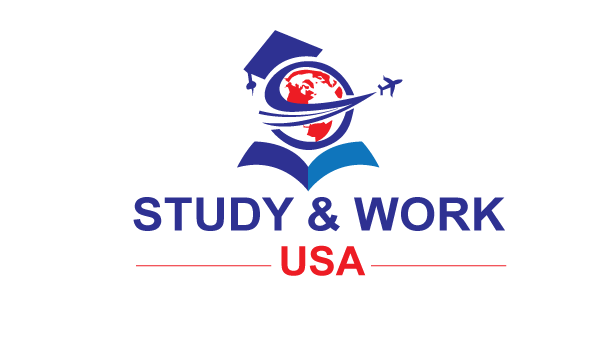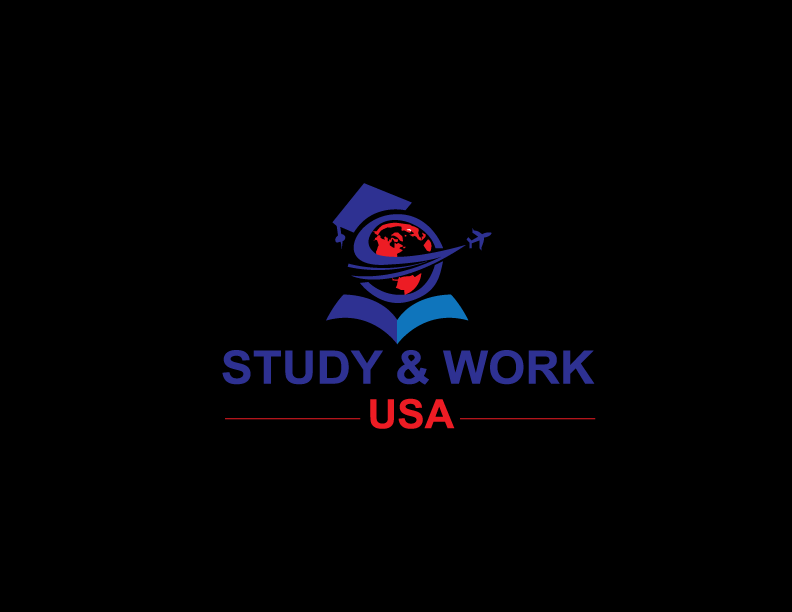How to Build a Powerful Career Network in the USA as a Kenyan Student
Introduction: From Nairobi to the Network
Landing a career in the United States as an international student (especially on an F-1 Visa) requires more than just excellent grades; it demands a strategic, resilient network. For Kenyan students, you possess a unique advantage: a powerful, global diaspora eager to support rising talent.
This guide provides a blueprint for building meaningful professional relationships that will open doors for internships, OPT, and full-time job opportunities in the US.
1. Leverage Your Unique Cultural Advantage
Your Kenyan background is a strong connector. Start by building a supportive base with people who share your journey and understand the unique challenges of the US job market.
A. Diaspora and Alumni Associations
These groups offer invaluable mentorship, cultural support, and a direct line to established professionals who have successfully navigated the US career landscape.
- Kenyan Students in Diaspora (KESID): This non-profit focuses explicitly on the academic success and career growth of Kenyan students. You can connect with them for events and mentorship at the KESID Foundation website.
- Kenya Embassy Diaspora Resources: The embassy maintains lists of regional diaspora groups and professional organizations that can provide localized networking in your state. Review the Kenya Embassy D.C. Diaspora Associations page for a starting point.
- U.S. Exchange Alumni Network: If you or your contacts participated in exchange programs like Fulbright, YALI, or TechWomen, register with the International Exchange Alumni website to tap into a network of highly accomplished global leaders.
2. Master the Art of Digital Networking (LinkedIn)
LinkedIn is your single most important professional tool in the US. You must treat it as your 24/7 digital resume and networking assistant.
A. Optimizing Your Profile for Opportunity
- The Headline: Move beyond “Student at [University Name]”. Use a keyword-rich title like: “Master’s Candidate in Data Science | F-1 Visa Student Seeking Summer 2026 Internship in AI/ML”.
- Showcase CPT/OPT: Clearly list your F-1 status and your work authorization eligibility (CPT/OPT) in your profile’s ‘Licenses & Certifications’ or ‘About’ section to help recruiters quickly identify you as a viable candidate.
B. Strategic Search for Informational Interviews
The goal of an informational interview is advice, not a job. This is how you build a contact list that will help you later.
- Use the University Alumni Tool: Go to your university’s LinkedIn page and use the LinkedIn Alumni search feature to filter for graduates working at your target companies or living in your target cities.
- Company Sponsorship Data: Use the MyVisaJobs.com database to track U.S. companies that have historically sponsored H-1B visas—priceless information for long-term career planning.
3. Engage with Industry Professionals (In-Person & Virtual)
While digital connections are essential, face-to-face networking events solidify relationships and display commitment.
A. Professional Associations & Events
Join the national student chapter for your industry. These groups provide mentorship and annual conferences where companies actively recruit.
- Local Meetups: Find local, interest-based groups for tech, business, data science, etc., in your U.S. city through Meetup.
- Industry Events: Discover industry events, free workshops, and conferences happening near your campus using Eventbrite.
- International Education Network (NAFSA): Stay up-to-date on international student policies and find career events with the NAFSA organization.
B. Campus Career Services
Your International Student Services (ISS) office and Career Center are crucial allies.
- University Job Boards (Handshake): Check if your university uses platforms like Handshake (access through your Career Services portal), which allows you to filter jobs by “Accepts OPT/CPT” or “Will sponsor a US work visa.”
Conclusion: Build Bridges, Not Just Contacts
The journey to establishing a US career network as a Kenyan student may seem daunting, but you are not starting from scratch. By strategically engaging with both the strong Kenyan diaspora and the broader professional associations, you transform your international student status from a challenge into a unique asset.
Remember: networking is simply building genuine relationships. Every cup of coffee, every 15-minute call, and every personalized connection request is a step toward building the bridges that will carry your Kenyan talent into the American professional landscape. Start today! You have the resources, now make the connection.


